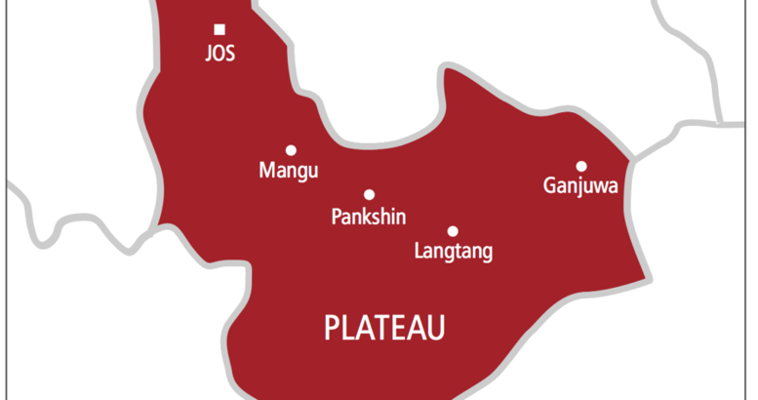Ezra Olubi, Paystack Co-founder Says He was Wrongfully, Prematurely Sacked

Ezra Olubi, co-founder of Paystack and one of the driving technologists behind its early engineering architecture, has publicly condemned his recent dismissal from the company, insisting the action was hasty, biased, and executed without due process.
In a detailed personal statement, Olubi said he was notified of his termination abruptly and denied the opportunity to formally respond to the allegations that prompted his removal.
The controversy traces back to early November, when a wave of scrutiny emerged online following accusations that Olubi had engaged in inappropriate behavior toward a junior colleague.
The allegation quickly gained traction on social media, triggering a cascade of reactions that included the resurfacing of decade-old posts attributed to him, which critics pointed to as evidence of unprofessional conduct. Supporters of Olubi have countered that the posts were attempts at dark humor or performance-style provocation during a different phase of his career and do not constitute evidence of workplace misconduct.
In response to the mounting public discussion, Paystack moved to suspend Olubi and announced that an independent investigation would be conducted.
The expectation, according to Olubi, was that he would be given the opportunity to respond to any claims before a final decision was made. Instead, he says the termination occurred while the review was still pending, and before he was presented with findings or allowed to present a defense.
He stated that the company violated both procedural fairness and principles of internal policy.
The incident has ignited a broader debate across Nigeria’s rapidly growing tech ecosystem about how companies manage accusations especially those involving high-profile founders. Industry observers note that leadership accountability is essential, but warn against punitive decisions driven primarily by online outrage rather than verified fact-finding.
The episode also has corporate ramifications. Paystack, which became a subsidiary of Stripe following a landmark acquisition, operates with heightened visibility and heightened scrutiny.
Some analysts suggest that internal governance standards linked to the parent company may have influenced how quickly Paystack acted in order to protect brand reputation.
Olubi has retained legal representation and is exploring possible legal and contractual remedies, asserting that the dismissal not only damages his professional reputation but may constitute breach of contractual terms. Paystack has maintained institutional silence beyond its initial confirmation of administrative action.
Whatever the outcome, the case marks a defining moment for workplace governance in West Africa’s fintech sector testing how tech companies balance transparency, employee protection, corporate image, and fair adjudication when allegations arise against senior figures.









